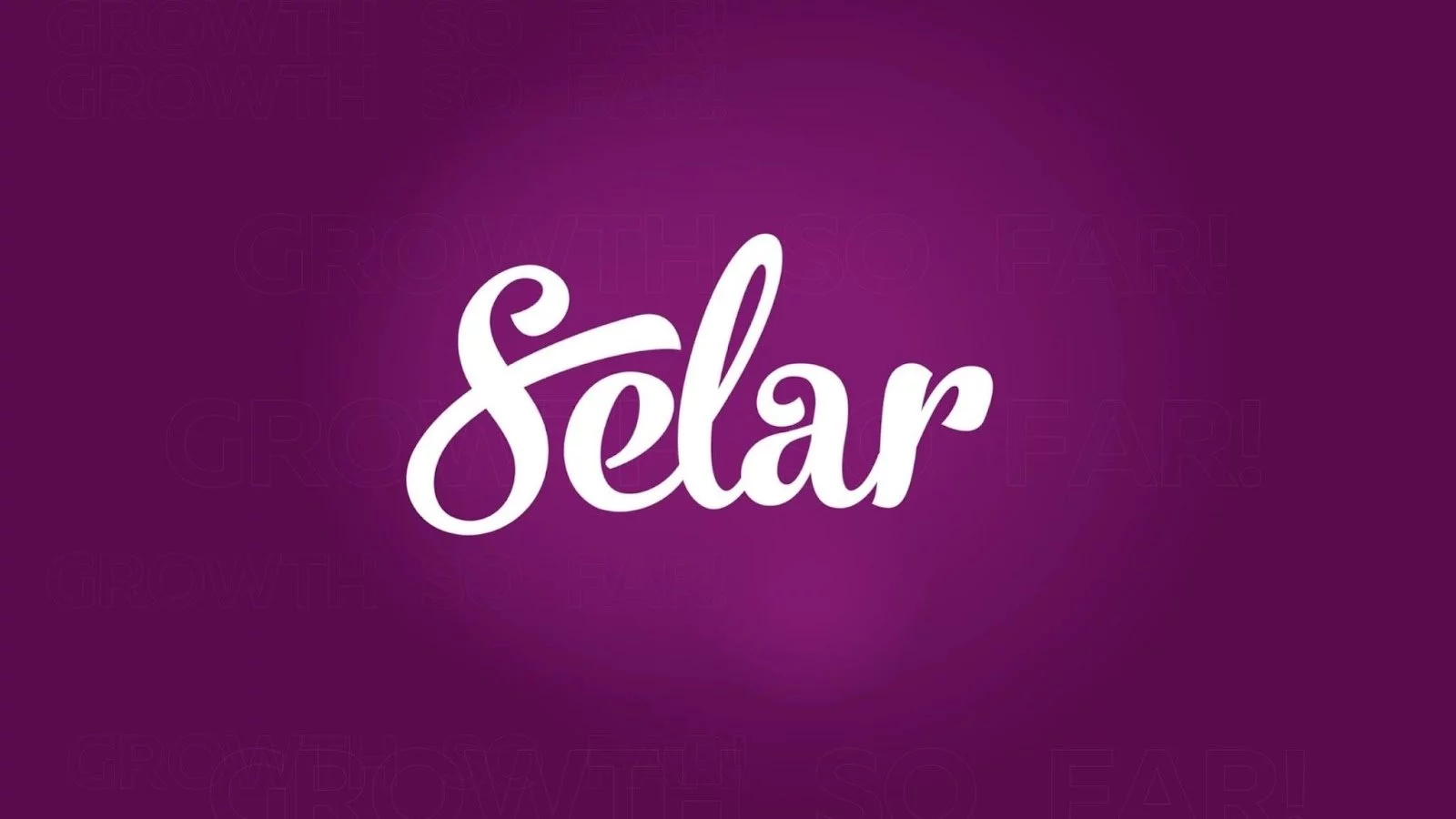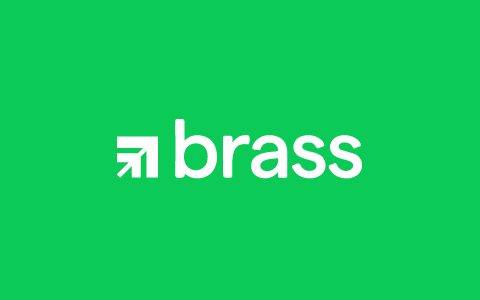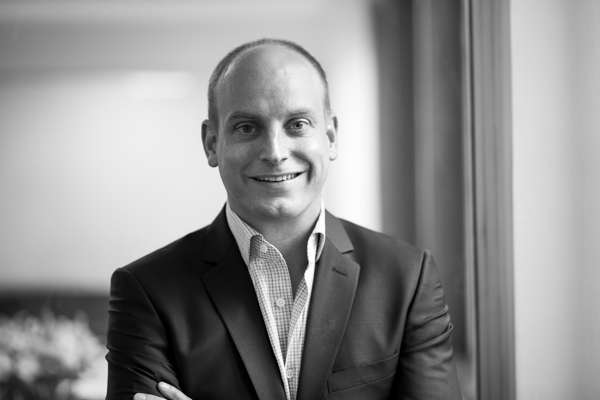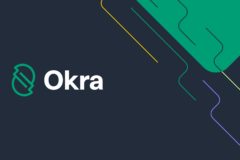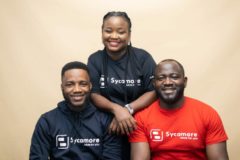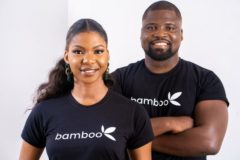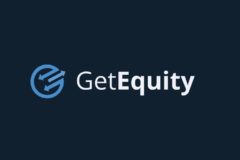Ebuka first heard about Selar, a digital creator marketplace, when he was looking to sell his colouring book. Selar, which offers creators a wallet, assistance with delivery and charges a 4% commission for its troubles, was the platform Ebuka turned to. In the one year since he started using Selar, he has brought in ₦400,000 ($443) in revenue from his colouring books.
Founded in 2016 by Douglas Kendyson, a member of Paystack’s founding team, Selar began because Kendyson saw that customers often reached out to Paystack during its early days looking to sell digital products like ebooks and online courses.
Initially a passion project that took three weeks to build in 2016, Selar’s first customers were Kendyson’s friends. It took him four years of constant customer feedback and cold-calling creators in Instagram DMs to perfect the product while working at Flutterwave and startups in Dubai.
Emmanuel, a part-time author, told TechCabal that he had sold his first e-book on the now-defunct Okada Books in 2019 when he first heard of Selar. Two years later, when he was looking to sell his second book, he chose to use Selar because he had heard good reviews, and the startup allowed customers to download books. He told TechCabal that he sold 100 copies of his book in the first month and has made “decent money” through Selar.
Selar is a strong contender in Africa’s creator economy, which remains small compared to other continents. Globally, creator economy startups had a tough 2023. Funding fell by 58% and at least 8 startups shut down while 36 were acquired by competitors.
Creating avenues for African creators
Last year, the creators on Selar made more than ₦4 billion ($4.4 million)—twice what they made in 2022. With 150,000 of these creators selling courses, books, tickets, and anything else that can be sold online on its platform, the startup has helped African creators solve their biggest challenge: receiving payments. It partners with global payment providers like PayPal, Stripe, Paystack and MPesa.
Selar also allows creators who don’t sell digital products to receive tips and donations from their followers through its Show Love product. The product allows content creators to receive tips and donations in over 11 currencies through a custom link. “That’s our bet for the year. We think financial support for creators will be a big thing,” Kendyson said.
Kendyson told TechCabal that the startup, which is bootstrapped and has yet to receive any institutional funding, achieved this by operating with a lean team (Selar has 21 employees) and keeping costs low.
“Not everybody at Selar has a custom email address. Only people who actually send emails. I know it’s a mini cost, but it also adds up because that’s a recurring monthly cost.”
How Selar makes money
Selar has three sources of revenue: a commission on each product sold, a subscription model for its software-as-a-service (SaaS) business and a foreign exchange spread. The startup charges a 4%-6% commission fee for African currencies and 7% for dollar transactions.
For its SaaS business, the startup runs two paid plans that give creators customisable features; the Pro and Turbo plans, which charge ₦8,000 ($8.81) and ₦15,000 ($16.6), respectively. Creators can get extra features like integration with PayPal and Stripe, access to affiliates, and a custom domain.
“Our pricing philosophy is trying to get as much as we can without bleeding our customers,” Kendyson said. The startup also makes money through a forex spread when it converts foreign currencies to the Nigerian naira.
Kendyson told TechCabal that the startup “has never really checked” how many active monthly users it has or the average revenue per user because Selar does not have a data analytics team. Selar’s lean team is a necessity of being bootstrapped since its inception, Kendyson said.
Although Selar focuses its marketing efforts in Nigeria, it has users in Ghana, Kenya and francophone African countries, Kendyson said. “A lot of the work we’re doing now is product stability and team efficiency. So hopefully, as we get better at these things, we can start expanding.”
Besides creators, Selar also creates an avenue for marketers to earn money. The startup runs an affiliate program where marketers can earn a commission through a custom link for every digital product bought through their link. Last year, 8,000 products were sold through the program, and marketers made ₦187 million ($207,506).
“There’s just still much more opportunity that we can take. It’s just finding the right people [and] finding the right creators,” Kendyson said.
Exchange rate used: $1= ₦915







